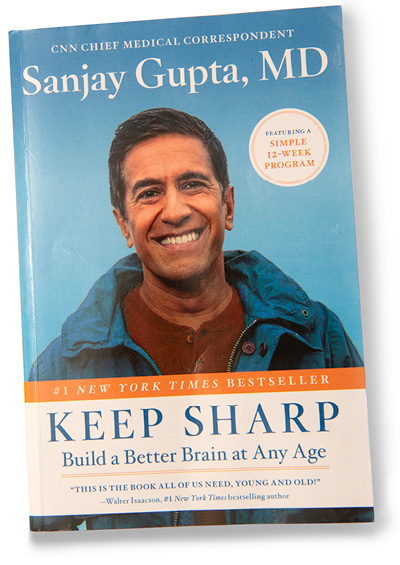Making a Case for Improving Your Brain

Dementia can be a spectrum, ranging from mild to severe, and some of the causes of dementia are entirely reversible. Alzheimer’s disease, which accounts for more than half the cases of dementia, gets nearly all the attention, and as a result, the terms dementia and Alzheimer’s are often used interchangeably. They shouldn’t be. The word dementia, however, is steeped in our common vernacular, and so is the association with Alzheimer’s disease.
I use both terms with the hope that the conversation, and the words we use to describe the broad condition of cognitive decline, will shift in the future.
I believe there has been an overemphasis on Alzheimer’s disease as a way to talk about this broad condition, and it has further fueled a widespread sense of fear that memory loss is inevitable as we get older. Perfectly healthy people in their 30s and 40s are alarmed about the implications of common memory lapses, like misplacing their keys or forgetting someone’s name. That is a misguided fear, and memory loss is not a preordained part of aging.

Emory neurosurgeon and epidemiologist Sanjay Gupta is chief medical correspondent for CNN.
But those same people typically have no idea how to make their brains healthier or that achieving such a goal is even possible.
Most believe [the brain], this mysterious organ encased in bone, is a black box of sorts, untouchable and incapable of being improved. Not true.
The brain can be continuously and consistently enriched throughout your life, no matter your age or access to resources. [As a neurosurgeon] I have opened the black box and touched the human brain. As a result of this training and decades of additional learning, I am more convinced than ever that the brain can be constructively changed, enhanced, and fine-tuned. Just consider that. You probably think of your muscles that way—even your heart, which is a muscle. It is time to realize the same is possible with your brain.
You can affect your brain’s thinking and memory far more than you realize.
Email the Editor









